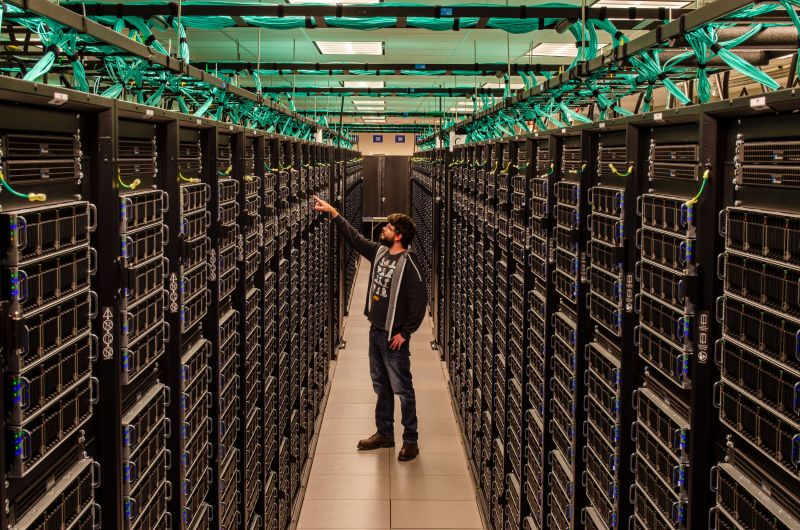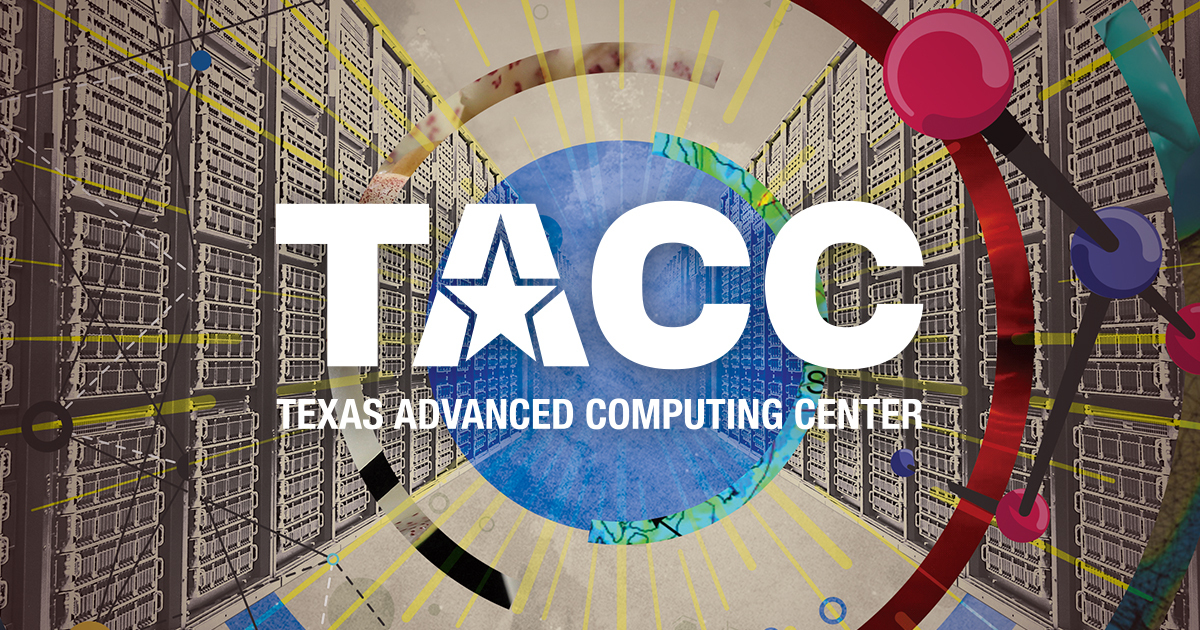The U.S. National Science Foundation (NSF) has chosen the University of Texas’s Texas Advanced Computing Center (TACC) to become the nation’s Leadership-Class Computing Facility, investing a substantial $457 million. This investment, announced in a press release on July 11, will position TACC at the forefront of national research initiatives.

A Major Investment for National Research
The NSF’s initial funding will support the expansion of staff, the construction of a new data center, and overall improvements to the facility. Katie Antypas, the NSF’s director of advanced cyberinfrastructure, emphasized the significance of this facility, stating, “It will be the largest advanced computing system in the country. This facility will support the national need, and it’s hosted and led by TACC.”
Ed Walker, the cognizant program officer for the new facility, explained that the NSF initiated a public solicitation in 2017, inviting proposals for the establishment of a leadership-class computing system and facility. An external panel led the review process, and based on the merits of the proposals, UT was awarded the opportunity to deploy Frontera, marking phase one of this substantial computing investment. “We made the award announcement recently to begin the execution and construction for this leadership-class computing facility, which is phase two,” Walker added.
From Frontera to Horizon: The Evolution of Supercomputing
Frontera, deployed in 2019 with a $60 million grant from the NSF, has been pivotal in various research projects, including efforts during the COVID-19 pandemic to understand virus transmission mechanisms. The facility’s computing systems, Frontera and Lonestar6, were among the six supercomputers selected for the NSF’s National Artificial Intelligence Research Resource pilot.
Dan Stanzione, the associate vice president for research at UT and executive director of TACC, highlighted the facility’s ongoing commitment to cutting-edge research. This includes using AI to confirm the existence of gravitational waves and enhancing the speed and accuracy of hurricane forecasts. The upcoming facility will house Horizon, a supercomputer ten times larger than Frontera and capable of operating 100 times faster.
A Lasting Impact on Research and Innovation
The new facility is slated to begin operations in 2026 and is expected to continue until at least 2037, with a renewal option extending to 2047. Stanzione emphasized the long-term benefits of this investment, stating, “Being part of the large facility and infrastructure like this means there will be a footprint left behind. The computers will come and go, but the large facility will stay.”

This major investment by the NSF underscores the importance of advanced computing in addressing national research needs, paving the way for groundbreaking discoveries and innovations across various scientific disciplines. The TACC’s new role as the Leadership-Class Computing Facility will ensure that it remains a critical resource for researchers nationwide, driving progress in technology, science, and beyond.
